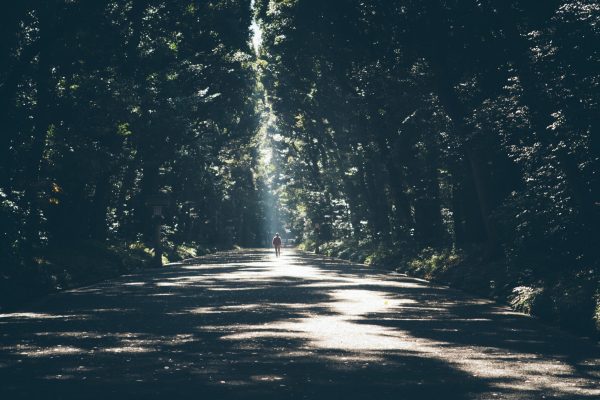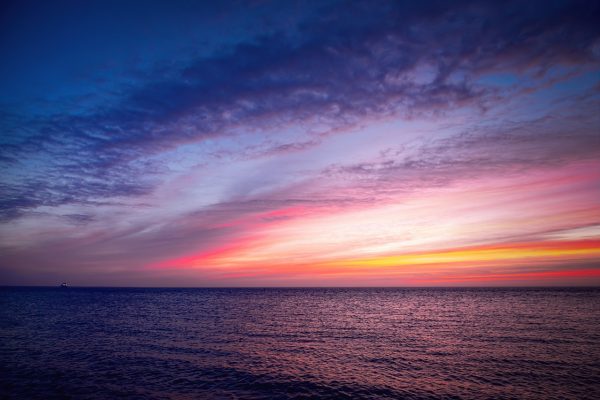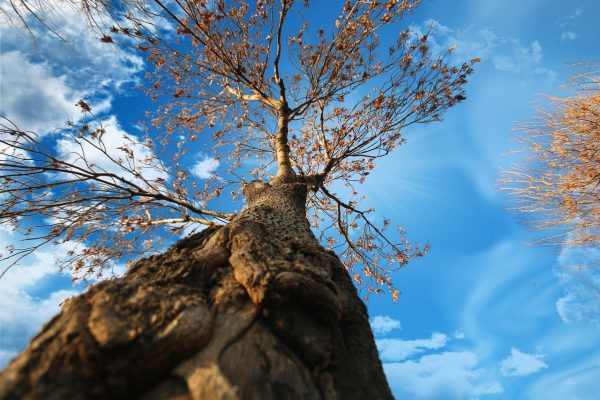In the spirit of those who have written versions of “lo dayenu” before, this prayer is intended as an acknowledgement that while we have much to be thankful for, in many ways, it is not enough. This is not because there aren’t many blessings for which we can be grateful because “dayenu” cannot be limited to an individual’s experience, especially when so many are still yearning for freedom.
If we gather around the Seder table in joy and don’t make room for tears, lo dayenu.
If we tell our ancient story and don’t make room for the modern one, lo dayenu.
If we ask the four questions and don’t extend our curiosity beyond, lo dayenu.
If we name the ten plagues in the Haggadah and don’t consider what kinds of plagues are happening today, lo dayenu.
If we enjoy a Seder meal and don’t at least acknowledge the many people – in Gaza and beyond – who are starving, lo dayenu.
If we say “let all who are hungry come and eat” and we exclude those whose perspectives don’t match ours, lo dayenu.
If we acknowledge the crisis in Gaza and don’t call for its end, lo dayenu.
If we say “ceasefire now” and don’t uplift the need for hostage release, lo dayenu.
If we read about the news and don’t stop to feel its impact, lo dayenu.
If we are active on social media and don’t take action offline, lo dayenu.
If we commit to fighting antisemitism and don’t commit to fighting Islamophobia, lo dayenu.
If we notice our fear and don’t interrogate its origin, lo dayenu.
If we tell the story of our liberation and don’t remember that it was – and still is – collective, lo dayenu.
When we believe in freedom – for us and for everyone – and we commit to working towards it, only then will we be able to say DAYENU!












